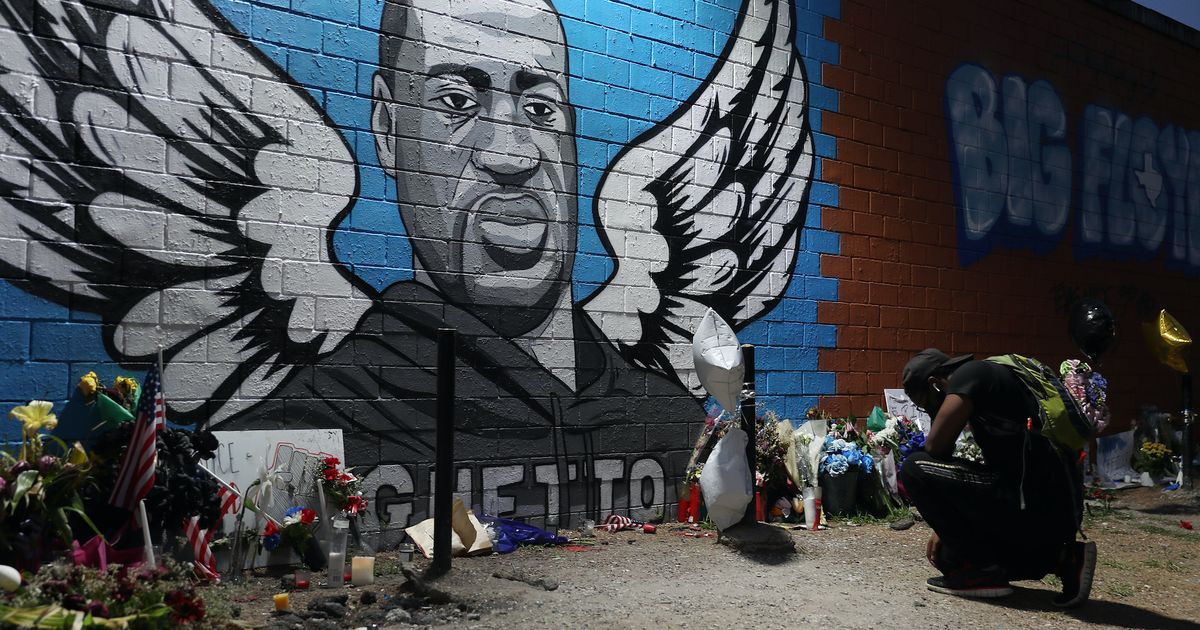
Darnella Frazier was 17 years old when she filmed Officer Derek Chauvin murder George Floyd by placing his knee on Floyd’s neck and asphyxiating him in the course of an unlawfully violent arrest. Since then, her video has been viewed over a billion times, and it was instrumental evidence both in Chauvin’s trial and against the proliferation of racist police violence in the United States.
Over a year later, the Pulitzer Board has awarded Frazier a Special Citation in the 2021 Pulitzer Prize announcement, long held as the most prestigious awards in journalism and among the most prestigious for literary work.
According to the Pulitzer website, Special Citations are rarely awarded and are reserved for “a work or an individual of particular merit.” In Frazier’s case, the Board acknowledged her “for courageously recording the murder of George Floyd, a video that spurred protests against police brutality around the world, highlighting the crucial role of citizens in journalists’ quest for truth and justice.”
Frazier, now 18, has written about her role in filming Floyd’s murder as a trauma in an Instagram posted on the one-year anniversary of his death. “Even though this was a traumatic life-changing experience for me, I’m proud of myself,” she wrote. “If it weren’t for my video, the world wouldn’t have known the truth. I own that. My video didn’t save George Floyd, but it put his murderer away and off the streets.”
The Special Citation comes with a monetary prize equal to a standard Pulitzer category win, which is $15,000. There have only been 44 Citations issued since the Pulitzers were founded in 1918, and previous winners include Alex Hayley for authoring Roots, Art Spiegelman for Maus, a posthumous citation for Duke Ellington’s contributions to jazz, and the second most recent Citation to Aretha Franklin in 2019.
